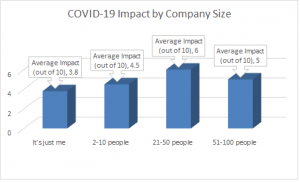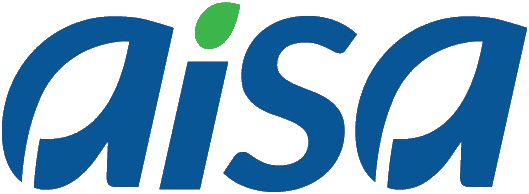
Valuation of reserves involves not just the quantity but also the quality of the hydrocarbons. Factors such as the type of crude oil, its sulfur content, and the presence of natural gas liquids can significantly influence the economic value. Additionally, external factors like oil prices, technological advancements, and regulatory changes play a pivotal role in reserve valuation. Financial models often incorporate scenarios to account for these variables, providing a range of potential outcomes. Initially, the oil company, often referred to as the contractor, bears all exploration and development costs. These costs are recoverable from the production, known as “cost oil,” once commercial production begins.
- Entities will need to use judgment to determine whether or not COVID-19 is the reason for the missed forecasts or forecasted transactions.
- With XBRL, financial information can be rapidly and accurately aggregated, transmitted and analysed.
- The capacity to exchange data and process information from multiple sources is essential for integrated emissions accounting, just as it underpins the financial sector12.
- This involves estimating the future costs of dismantling and restoration, which are then discounted to their present value.
Author & Researcher services
- As a result, forecasting of the impacts of policies and climate change itself would improve.
- The operator is responsible for maintaining detailed records of all transactions and providing regular financial reports to the non-operating partners.
- Accurate DD&A calculations are essential for providing a realistic view of a company’s financial health and asset value.
- Data across corporate, national and planetary ledgers are difficult to compare, combine and share.
- Financial statements should include all necessary information to ensure that users can make informed decisions.
- The only cloud-based energy platform purpose built for upstream and midstream energy companies.
You can roll up most niche accounting functions into one of those six primary functions because all industries have capital expenditures, operating costs, G&A, revenue, and production. This section summarizes recently enacted federal legislation affecting the financial reporting of income taxes and new and proposed FASB guidance on accounting for income taxes. Accounting methods and principles should be applied consistently from one period to another. From finding oil and gas reserves to distributing them for consumer use, accounting is a big part of all areas of the industry.

Industry-Leading Oil & Gas Accounting Software in the Cloud
These factors give typical rates of greenhouse-gas emissions for various activities, such as using different energy sources or producing particular farm crops. When it comes to oil and gas companies, everything revolves around how they treat capitalized costs. This split is usually designed to provide the state with a larger share of the profits as production increases, aligning the interests of both parties.

Accounting standards codification update
Ambiguity in human versus natural sources of some emissions leads to gaps in accountability. For example, wildfire emissions are typically classified as natural, and are thus not counted in national, provincial or corporate ledgers, even though they can be significant6. According to oil and gas accounting California’s Air Resources Board, the state’s emissions from wildfires in 2020 exceeded those generated from electricity. In Canada in 2018, British Columbia’s wildfires emissions were three times greater than all other emissions in the province combined (see go.nature.com/3zewvna).
From upstream to midstream, W Energy has your operations covered.
- As a result of the COVID-19 pandemic and the resulting economic uncertainty, several companies may face challenges that could impact their ability to continue operating as a going concern.
- Companies may adjust or tailor the non-GAAP financial measures and performance metrics they typically present because of COVID-19-related factors.
- Over the next decade, companies will see a fundamental transformation of how they can eliminate waste, streamline accounting, and automate daily tasks, as well as reduce overall G&A.
- PwC is a global leader in providing custom Oil and Gas Benchmarking services to fit the needs of our clients.
Expenses should be recognized in the period in which they are incurred, helping to match costs with the revenue they generate. Companies may have changes to their processes and internal controls as they adapt to the new conditions necessitated by COVID-19, such as working remote, personnel losses, and other constraints. Management and audit committees should consider the disclosure requirements related to the establishment of new controls, redesigning of controls and processes. The Financial Accounting Standards Board (FASB) issues several Accounting Standards Updates (ASUs) that impact oil and gas organizations. Key ASUs for all organizations are discussed in depth in the Accounting and Financial Reporting Developments for Public and Private Companies Newsletters.
- The industry often deals with long-term contracts, which can span several years and involve multiple performance obligations.
- Emissions from all other indirect sources in your company’s supply chain, such as purchased raw goods, distribution and transportation, employee commuting, use of sold products and end of life treatment.
- This often involves extensive training for accounting staff and the implementation of new software solutions to ensure compliance.
- The principle outlines when and how to recognize revenue from the sale of goods or services.
- This facilitates transactions across borders, enables peer-to-peer transactions and extends access to the financial system to communities that are underserved by banks.


